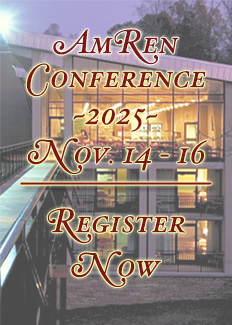Episcopal Church Leader Says Helping Afrikaners Over Other Refugees Is ‘Unfathomable’
Michael Martin, NPR, May 13, 2025
The Episcopal Church is ending its nearly 40-year refugee resettlement partnership with the U.S. government after refusing a Trump administration request to help resettle white Afrikaners from South Africa.
The church cited its commitment to racial justice as a moral imperative in a letter sent to its members Monday.
Presiding Bishop Sean Rowe explained to NPR’s Morning Edition that the administration’s request crossed a moral line, and that the church would not help while other refugee programs remain largely frozen by the White House.
“The idea that we would be somehow resettling Afrikaners at this point over other refugees who have been vetted and waiting in camps for months or even years, is unfathomable to us,” Rowe, the church’s youngest presiding bishop ever, said.
{snip}
In this interview with NPR’s Michel Martin, Rowe reflected on the values that led the church to end its partnership with the current administration.
{snip}
Michel Martin: Tell us more about what went into the decision to end the migration ministry.
Sean Rowe: Well, the reality is, we don’t feel like we can be ourselves in the Episcopal Church and take the step of resettling white Afrikaners from South Africa. Our church has a commitment to racial justice and reconciliation. We have historic ties with the church in South Africa, particularly the Anglican Church, our sister church there. So we’re not able to take this step. {snip}
{snip}
Martin: The president claims that these folks, the Afrikaners, are being subjected to racist harassment. I think he even used the word genocide at one point for the record. You just say that’s just not true?
Rowe: Yeah, I don’t think the data bears that out. And certainly genocide, that’s really a bridge too far.
Martin: Shortly after taking office, President Trump halted, as we said, nearly all refugee entry into the United States. Why do you think he seems to have such deep sympathy for Afrikaners and so little for people from other parts of the world?
Rowe: That’s a really good question. I really don’t don’t understand why this is the way it is, except that it seems to me that some people are more valuable than others. And in this case, it seems to be that people who are white seem to be more valuable than those who are people of color. And in any case, the way that this has happened, the decision making, the criteria that has gone into this just doesn’t fit with our morals and the values that we hold as a church.
{snip}
















